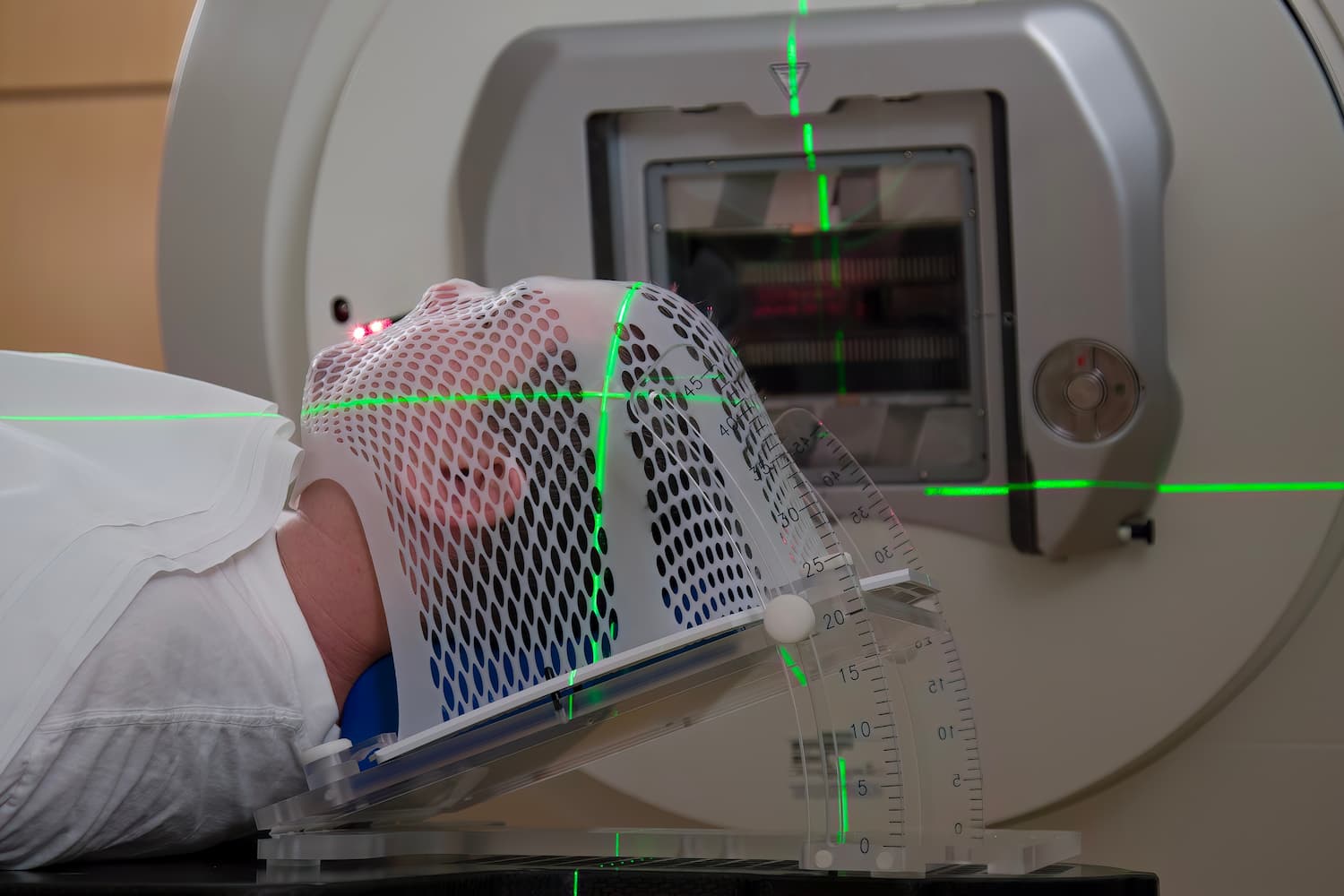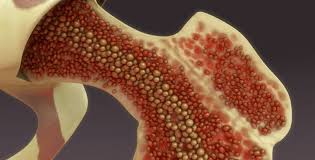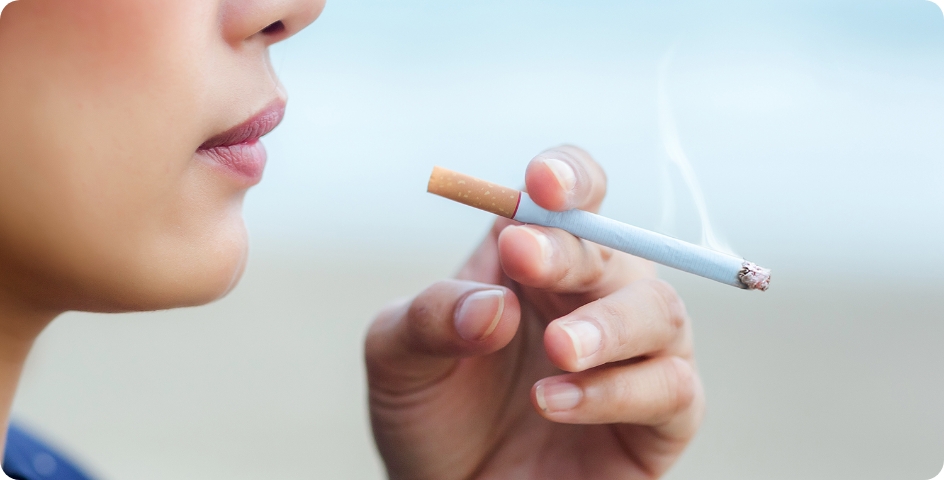
Prevent of Oral Cancer
Oral cancer may not be as well known as some other types of cancer. However, it can still have devastating effects on anyone suffering from it. This is especially the case for those where oral cancer was not detected until it had reached a relatively advanced stage. Aside from any procedure that you might need to undergo, facial deformities, difficulty in swallowing, and even death, can follow. Although treatments for cancer have improved over the years, it is obviously far better to prevent oral cancer from happening in the first place.
Oral cancer can be caused by several risk factors. Damage to the tissues from tobacco and alcohol use and HPV infection are often the most common causes of oral cancer. The first step toward preventing oral cancer occurrence is to avoid using tobacco products and, if you consume alcohol at all, limit intake to no more than one standard drink per day for women and no more than two standard drinks per day for men. The combination of using tobacco and drinking alcohol significantly increases oral cancer risk.
Diet can play a role in preventing oral cancer. Choosing vegetables and fruits to fill your plate has been found to help decrease oral cancer risk. Specifically, people should choose vegetables and fruit that contain carotenoids, like bright red, orange, and green fruits and vegetables. Getting in the habit of eating one to two servings of a brightly colored fruit or vegetable at each meal will help people meet the recommendations for eating 5 servings per day. It is never too late to start eating fruit and vegetables, even if people have already had oral cancer. These brightly colored choices have a significant role in any diet, even during and after cancer treatment in Turkey.
Smarter Nutrition to Prevent Oral Cancer
A lack of nutrients can lead to changes in your oral health that make cancer more likely. However, vitamins and antioxidants in fruits and veggies rev up your immune system. This helps protect you from oral cancer. Therefore, you should get at least five servings of them a day and mix them up for plenty of variety. Carrots, Brussels sprouts, and squash are especially good for your oral health.
You should undercooked fruits and vegetables to prevent oral cancer. This is an important nutritional step to fight cancer. Enjoy some of the meals raw to get the full effect. When you do cook vegetables, stop when they get tender because they still have some life in them. In addition, cooking oils can form cancer-causing substances at high heat. Therefore, instead of frying, it is a good idea to bake, boil, broil, or steam your food.
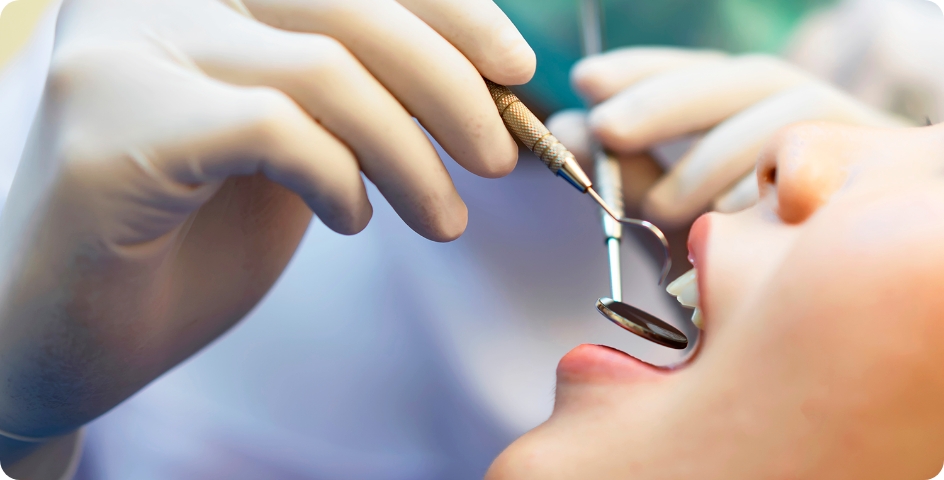
Avoid Tobacco
The most serious oral condition associated with smoking and tobacco use is oral cancer and pre-cancers. Moreover, tobacco products can cause an increase of periodontitis (gum disease) and impaired wound healing. Smokers are 7 to 10 times more likely to develop oral cancer than non-smokers. In long-term regular users of smokeless tobacco, this risk is more than 11 times that of non-users. However, it is never too late to make a difference and ex-smokers can reduce their risk of developing oral cancer.
Smokeless tobacco products, such as chewing tobacco, are also harmful and can increase your risk of oral cancer. There is a myth that smoking hookah, also defined as ‘shisha’ or ‘water pipe’, is safer than smoking cigarettes. Recent research has shown that hookah smokers actually inhale more nicotine than cigarette smokers due to the large amounts of smoke they breathe. This makes it far more dangerous than cigarette smoking for oral cancer.
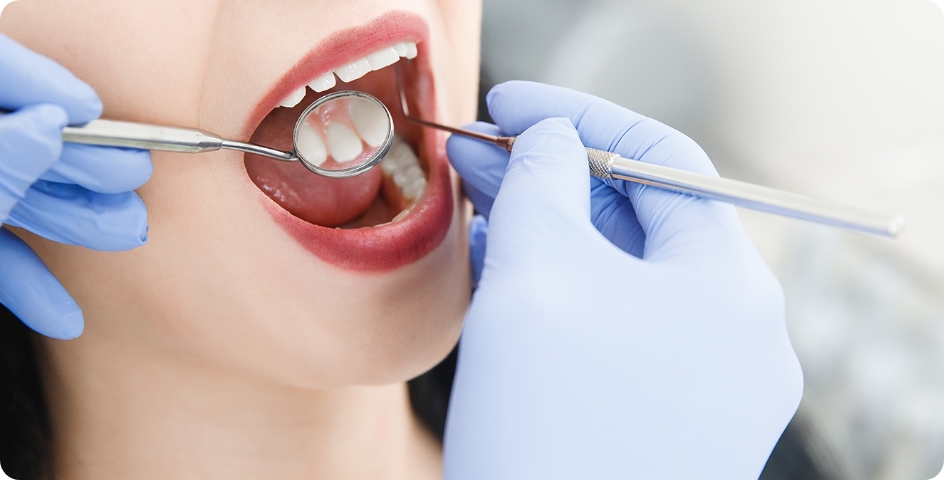
Limit Alcohol Consumption
More than half of the patients who are diagnosed with oral cancer are heavy drinkers who consume alcohol regularly. In order to reduce your risk of oral cancer, it is essential to limit the amount of alcohol you consume or avoid it entirely. Excessive alcohol consumption, in unification with tobacco use, can increase your risk of developing oral cancer. Drink in moderation as more than two drinks per day may significantly increase the risk of oral cancer. In the prevention of oral cancer, if you are a woman, drinking one glass per day and if you are a man, drinking two glasses per day would be recommended.
Develop Oral Care Habits
The people’s risk for oral cancer goes up 2.5 times if they have periodontal disease and 60 times higher if they have six or more missing teeth. Because of this, expert dentists recommend using, and maintaining great brushing, and flossing habits. Consider the following tips for the prevention of oral cancer:
Brush your teeth twice a day for three minutes or more
Clean your tongue every time you brush your teeth
Floss daily, gently and close to your teeth to avoid gum harm
Consume plenty of water every day
Prefer softer toothbrushes to prevent enamel loss and gum erosion
Remember that brushing and flossing daily are only the first steps to preventing oral cancer. How you brush and floss is just as significant as well. If you develop the above oral habits and do not rush through your oral care times, you will be in good shape to keep oral cancer.
Better Teeth and Better Oral Health
Many people understand the importance of cleanings and evaluations. However, why are screenings for oral cancer significant too? Oral cancer is diagnosed in almost 50,000 persons each year. However, with early detection, diagnosis, and treatment, many people are able to reach remission. To catch the symptoms of oral cancer early, routine evaluations with a skilled dentist are essential.
An oral cancer screening is when an expert dentist does a visual scan of your face, lips, tongue, under your tongue, throat, and neck. Dentists also feel for lumps along your neck, throat, and sometimes along the floor of your oral. Oral screening is a painless exam and only takes a couple of minutes. Professional dentists perform oral cancer screening for anyone over 18, and for teens who use tobacco. If your dentists do find a suspicious spot, they will likely refer you to an oral surgeon. Typically, an oral surgeon will analyze the spot, remove a small sample and send it to a lab for testing. This is called a biopsy. The biopsy method will help guide a treatment plan if cancer is found.
The Study of Prevent of Oral Cancer
According to a comprehensive study published in the Journal of Oral Cancer Prevention, regular dental checkups and oral cancer screenings play a pivotal role in early detection and, subsequently, survival rates among patients. The study analyzed data from thousands of individuals and revealed that those who had routine oral cancer screenings as part of their dental check-ups had a significantly higher likelihood of detecting oral cancer at an early, more treatable stage.
This research underscores the importance of not only maintaining good dental hygiene habits but also proactively seeking routine oral cancer screenings from dental professionals. Early detection can make a profound difference in the prognosis and outcomes of oral cancer cases. Therefore, individuals are encouraged to prioritize regular dental visits and promptly report any unusual oral or throat changes, as this can be a critical step in the prevention and early detection of oral cancer.
Protection from Sun and Oral Cancer
Reduce your sun exposure to prevent oral cancer. Just as you should not forget to use sunscreen, remember to spread some to your lips, as well. Ideally, prefer UV-A/B inhibiting sun protection when you go out under the sun. Constant sun exposure increases your risk of developing cancer on the lips and oral. Every time, keep a handy sunscreen with you, just in case.
In addition to regular sunscreen to prevent UV damage to your skin, your lips also need to be protected. Repeated sun exposure increases the risk of cancer on the lips, especially the lower lip. Using UV-A/B-blocking sun protection for your lips when you step outside in the sun may help prevent lip and oral cancer. When you are out in the sun, be sure to prefer sunscreen with an SPF of at least 30. This method will help protect your lips and other areas of your face from the harmful rays of the sun. You may also be able to prefer a lip balm with SPF to protect your lips.
Conclusion
Oral cancer can be a deadly disease. However, oral cancer is also preventable. By quitting tobacco use, drinking alcohol in moderation, practicing good dental hygiene, eating a healthy diet, and wearing sunscreen, you can help decrease your risk for oral cancer. Early detection is also key to survival. Therefore, be sure to see your dentist regularly and report any changes in your oral or throat to them right away. It is not too late to prevent oral cancer.


